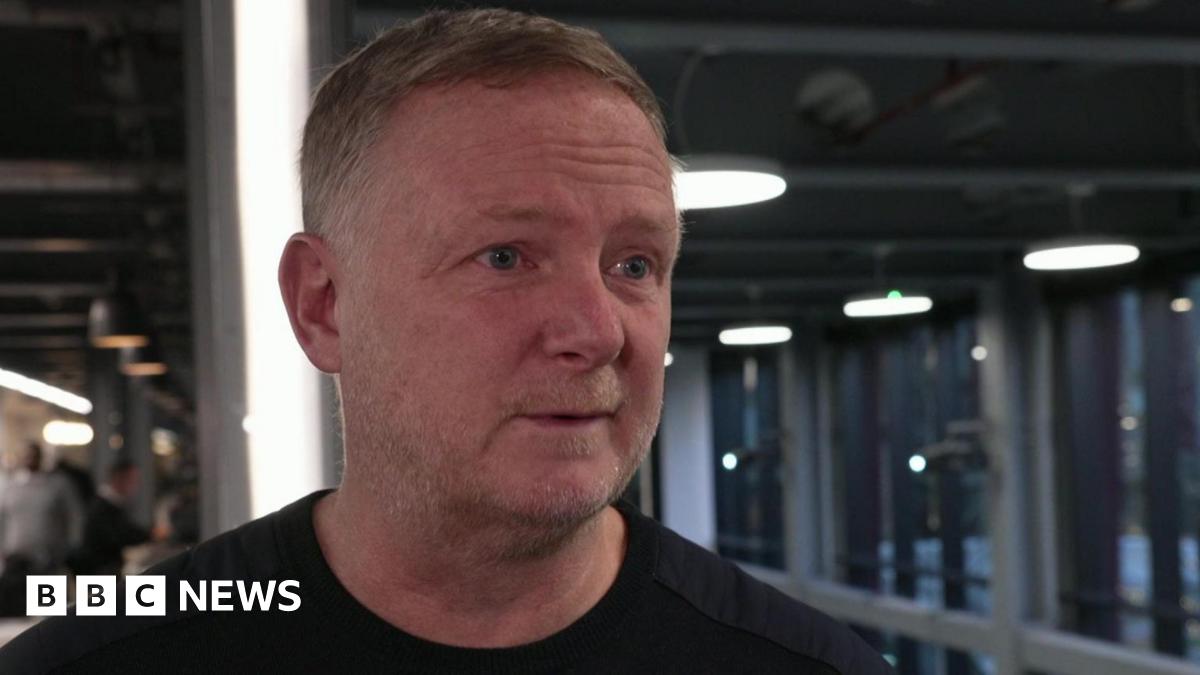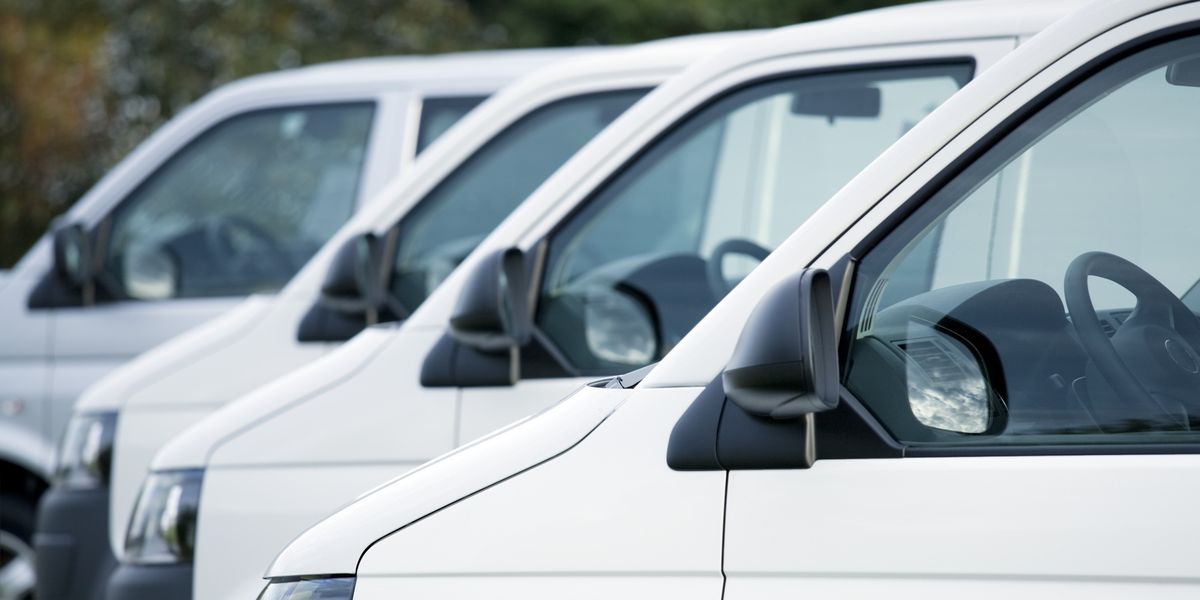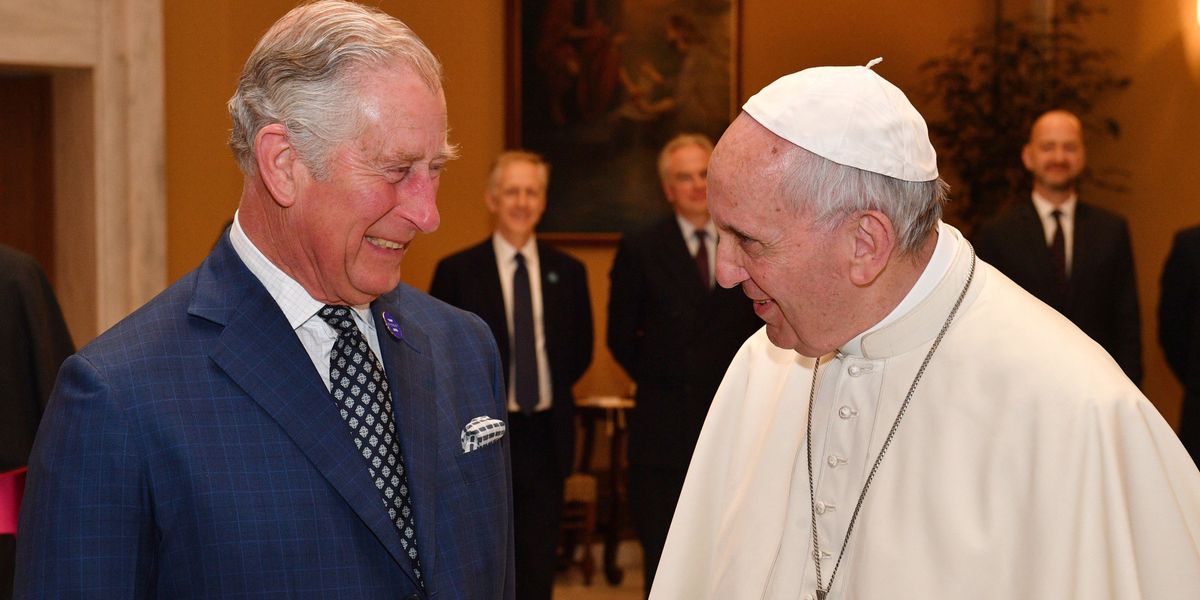Jaguar sales have nosedived by more than a quarter in the last year ahead of the legendary British car marque’s dramatic ‘woke’ rebrand.
The company was mauled for ditching the iconic ‘growler’ badge, used for decades on grilles and bonnets, and replacing it with a curved geometric ‘J’ badge.
Other controversial changes included unveiling a bright pink concept car, which was aimed at updating Jaguar’s image for the electric age.
But design experts and Jag fans ridiculed the makeover, branding it ‘cultural vandalism’ and the ‘most destructive marketing move ever’.
Now new industry registration figures released by parent company, Jaguar Land Rover (JLR) revealed the number of cars sold by the Indian-owned firm fell by 12,459 to just 33,320 in 2024.
Although the sales figures almost entirely cover the period before the rebrand, Nigel Farage, leader of Reform UK who was critical of Jaguar’s move, gloated: ‘Go woke, go broke.’
The dramatic slump came after Jaguar slammed the brakes on the production of five existing models earlier in the year, as it developed its entirely new range of all-electric vehicles, to go on sale this year aimed at a much younger audience.
But while Jaguar sales slumped further, demand for the car maker’s luxury Range Rover and Defender models soared.
The new rebrand (above) attracted accusations the company has gone ‘woke’ – after putting out an advert featuring no cars

The advert features boldly dressed fashion models in bright primary colours alongside slogans such as ‘break moulds’ and ‘create exuberant’

Pictured are the bright-looking concept cars unveiled by Jaguar late last year as part of its electric car overhaul
Laying the foundations for the shake-up, the business wound up outputs of existing Jaguar models for UK customers, with the British-built XE and XF saloons, and F-Type sports car ended in May.
Production of its biggest model – F-Pace – will continue in Solihull for the foreseeable, however this will only be outputs for overseas markets.
A spokesperson for the brand confirmed UK-spec production terminated in November.
Manufacturing for the compact E-Pace SUV and the I-Pace ceased last month.
Jaguar says I-Pace availability continues but only for ‘corporate clients into 2025’.
It means Jaguar has essentially halted all car sales in Britain for the first time since the Second World War.
Land Rover and Range Rover on the up
Sales of JLR’s Range Rover SUV have boomed, with the firm championing ‘strong wholesale growth’ for the 12 per cent increase during the quarter compared to a year earlier.
Sales of classic Range Rovers rose by 22 per cent, while the Sport and Evoque models rose by 17 per cent and 15 per cent respectively. Defender sales also surged by 13 per cent, while Discovery sales increased by 1.5 per cent.
Full year sales across all Range Rover types ballooned from 339,825 to 366,355, with JLR saying the numbers reflected ‘an improvement following supply disruptions’.
Meanwhile, the sales of Jaguar models have plummeted in recent years. In 2022, Jaguar sold 61,661 cars, almost double the 33,320 last year. But as recently as 2019, the brand sold 161,601 cars.

This is the new Jaguar logo – a roundel made up of the letter ‘J’ that looks the same both ways up

The classic Jaguar ‘growler’ logo has been ditched as the car firm reinvents itself to appeal to a younger audience of car buyers

Jaguar has been winding down its model range – with cars such as the F-Pace SUV (above) now relegated to the history books

But sales of the carmaker’s classic Range Rover and Defender models are still proving popular
Jag’s big rebrand has been in development for three years, as the company prepares to become an all-electric car manufacturer ahead of the UK’s 2030 target to stop selling new purely fossil fuel-powered cars.
Launched under the slogan ‘copy nothing’ – an adage from company founder Sir William Lyons – the ad features diverse models in technicolour outfits walking through an alien landscape.
Around 800 people are reported to have worked on the rebrand, with managing director Rawdon Glover saying: ‘We need to change people’s perceptions of what Jaguar stands for.’
But the radical break from Jaguar’s traditional image provoked a fierce backlash, with critics accusing the firm of trampling on its British heritage.
Critics also lashed out at diversity of the advert, which features androgynous-looking men and women in exuberant clothes.
Reform UK leader, Nigel Farage, warned the brand would go bust in the wake of the overhaul, while others branded the makeover ‘woke’ and ‘unhinged’.
Marketing experts across the world also said they were ‘baffled’ by the move, with Californian designer Joseph Alessio saying it would be ‘taught in schools as how not to do a rebrand’.
However, Jaguar boss Mr Glover hit back over the ‘vile hatred and intolerance’ directed at the eccentric-looking models who appeared in the video advert.
He denied the firm was throwing away its near-100-year heritage with its most dramatic rebrand in decades – instead claiming the car maker needed to step away from ‘traditional automotive stereotypes’ to find its place in the market.

Rawdon Glover, managing director of Jaguar, has fired back at those who criticised the car brand’s much maligned rebrand
Mr Glover told the Financial Times he believed the overall reaction to the campaign had been ‘very positive’, but that he was disappointed by the ‘level of vile hatred and intolerance’ directed at the models in the advert.
‘If we play in the same way that everybody else does, we’ll just get drowned out. So we shouldn’t turn up like an auto brand,’ Glover said.
‘We need to re-establish our brand and at a completely different price point so we need to act differently. We wanted to move away from traditional automotive stereotypes,’ he added.
Gerry McGovern, the company’s chief creative officer, admitted the concept car unveiled in December wouldn’t be ‘loved by everyone’ but added: ‘That’s what fearless creativity does.’
Some links in this article may be affiliate links. If you click on them we may earn a small commission. That helps us fund This Is Money, and keep it free to use. We do not write articles to promote products. We do not allow any commercial relationship to affect our editorial independence.












